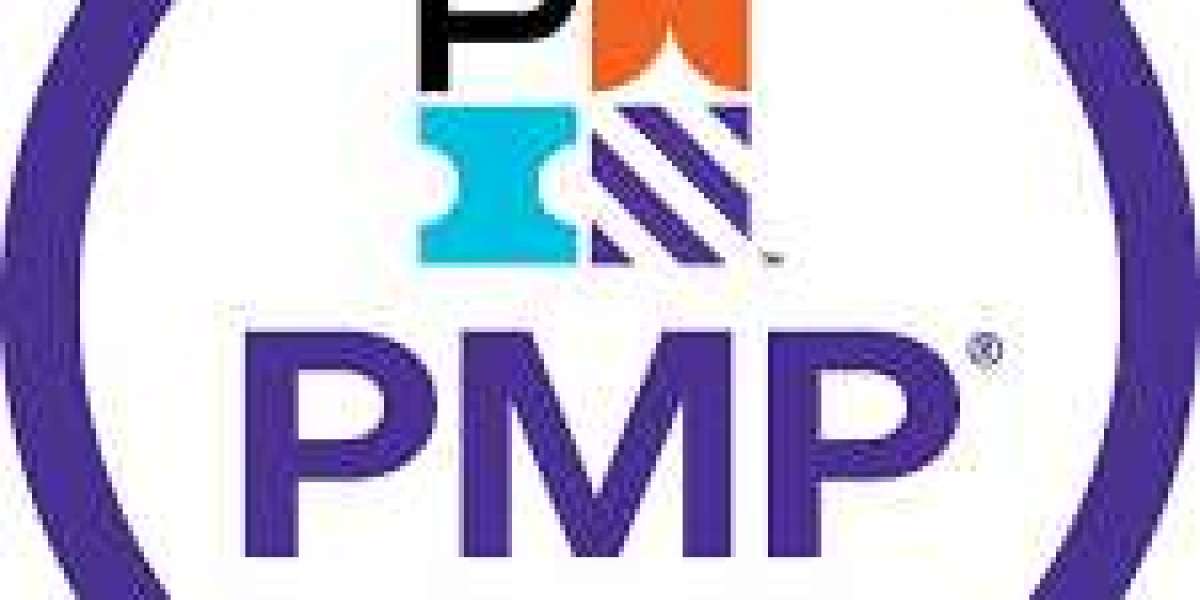The Project Management Professional (PMP®) certification is recognized globally and highly valued in the field of project management. Earning the certification requires diligent preparation, as the exam is known for its difficulty. To help guide you through the PMP exam preparation process, here are ten practical tips to boost your chances of success.
1. Understand the PMP Exam Structure
Before diving into your study materials, it's crucial to familiarize yourself with the structure and format of the PMP Certification in Las Vegas NV. The PMP exam consists of 180 questions that need to be completed in 230 minutes. These questions are a mix of multiple-choice, multiple responses, matching, and fill-in-the-blank formats. The exam content is divided into three domains: People (42%), Process (50%), and Business Environment (8%). Understanding this structure helps you to allocate your study time more effectively.
2. Create a Realistic Study Plan
Effective exam preparation requires a solid study plan. PMP preparation involves absorbing a lot of material, and without a proper schedule, you could easily become overwhelmed. Start by assessing how much time you have before your exam date and break your study time into manageable chunks. Aim for 2-3 hours of study per day over several months. A detailed schedule that includes study sessions, review periods, and mock exams will keep you on track and ensure you cover all the material.
3. Use PMI's Official Study Guide and PMBOK® Guide
The PMBOK® (Project Management Body of Knowledge) Guide is essential reading for the PMP exam. The PMBOK Guide provides foundational knowledge, concepts, and terminology used in the exam. Additionally, PMI offers an official PMP Exam Prep book, which includes practice questions and tips to approach the exam. Combining these resources ensures you are studying the material that is most relevant to the exam.
4. Practice with Mock Exams
Practicing with mock exams is one of the most effective ways to prepare for the PMP exam. Not only do mock exams help you gauge your knowledge, but they also help you build stamina for the actual exam, which is nearly four hours long. Taking full-length mock exams simulates the real testing environment and helps you become comfortable with time management. Additionally, reviewing your results will help you identify weak areas that need further study.
5. Join a Study Group or Take a Prep Course
Studying in a group or enrolling in a PMP prep course can significantly boost your exam preparation. Study groups allow for the exchange of ideas, clarification of difficult concepts, and motivation to stay on track. If self-study is challenging, consider enrolling in a formal PMP prep course. Many reputable organizations offer PMP boot camps, online courses, or instructor-led sessions. These programs provide structured learning, which can be beneficial if you need guidance through the study material.
6. Focus on Understanding, Not Memorization
Memorizing formulas, terms, and concepts may help in the short term, but the PMP exam focuses on how well you can apply project management principles. Instead of memorizing the PMBOK Guide, aim to understand the real-world application of the processes, tools, and techniques described. Practice applying these concepts to project scenarios, as many PMP exam questions are situational and test your ability to make decisions based on project management best practices.
7. Leverage PMP Exam Simulators
In addition to mock exams, using a PMP exam simulator can provide you with a deeper understanding of the exam structure and content. These simulators are designed to mimic the actual exam's interface and question formats, providing you with a realistic testing experience. By regularly using a simulator, you'll get used to how questions are phrased, how to eliminate incorrect answers, and how to manage your time effectively during the test.
8. Review the Latest Agile Practices
The updated PMP exam now includes a significant focus on Agile and hybrid methodologies. Be sure to study both predictive (traditional) project management and Agile frameworks. PMI's Agile Practice Guide, which is bundled with the PMBOK Guide, offers valuable insights into Agile principles. Understanding the fundamentals of Scrum, Kanban, and other Agile practices is essential, as a good portion of the exam will require you to apply these methodologies.
9. Focus on the "People" Domain
The "People" domain constitutes 42% of the PMP exam and focuses on managing teams, conflict resolution, leadership styles, and fostering high-performance project teams. Pay special attention to this area, as project management goes beyond processes and requires strong interpersonal skills. Be prepared for questions that test your ability to manage team dynamics, resolve issues, and ensure project success through leadership.
10. Stay Positive and Manage Stress
Finally, it's crucial to manage stress and stay positive throughout your PMP exam preparation. The PMP exam can be intimidating, but with the right mindset and adequate preparation, you can succeed. Make time for relaxation and activities that reduce stress, such as exercising, meditating, or spending time with family. Maintain a healthy study-life balance, and remember to get plenty of rest, especially as your exam date approaches.
Conclusion
Preparing for the PMP exam is a rigorous process that requires strategic planning, dedication, and discipline. By understanding the exam structure, creating a realistic study plan, practicing with mock exams, and focusing on real-world applications of project management principles, you can significantly increase your chances of passing the exam. Remember to stay positive and manage stress effectively—confidence and a calm mindset will go a long way toward ensuring your success on the day of the exam.
Good luck on your journey to becoming a certified PMP!




